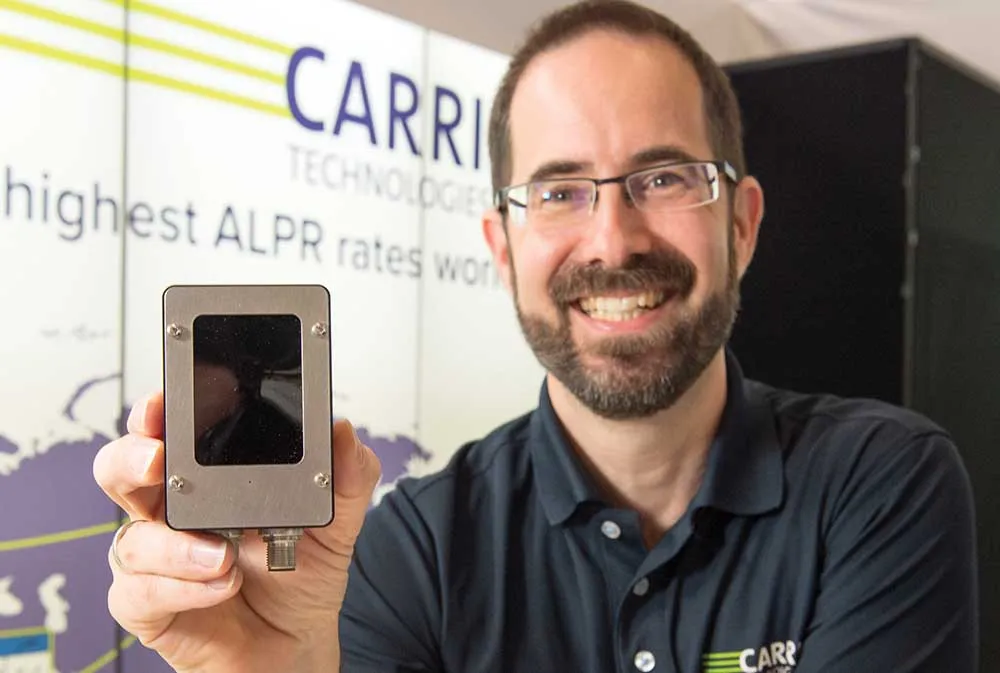
Vimba 1.3 expands the platform support to ARMv7 – an increasingly popular systems in the consumer electronics and IT industry - and open new possibilities as a simple, compact and cost-effective host for machine vision systems. Vimba 1.3 also supports OpenMP, nearly utilising the full capabilities of multiprocessor systems to speed up image conversions.
Users can easily program and test application on a Linux-based PC and compile it for their ARM system, shortening development time. Vimba 1.3 for ARM supports soft-float and hard-float platforms and AVT provides prepared Makefiles and an application note for cross-compiling from Linux/x86 to Linux/ARM.
Vimba 1.3 is GenICam compliant and compatible with all major image-processing libraries and is available free of charge from the AVT website.










